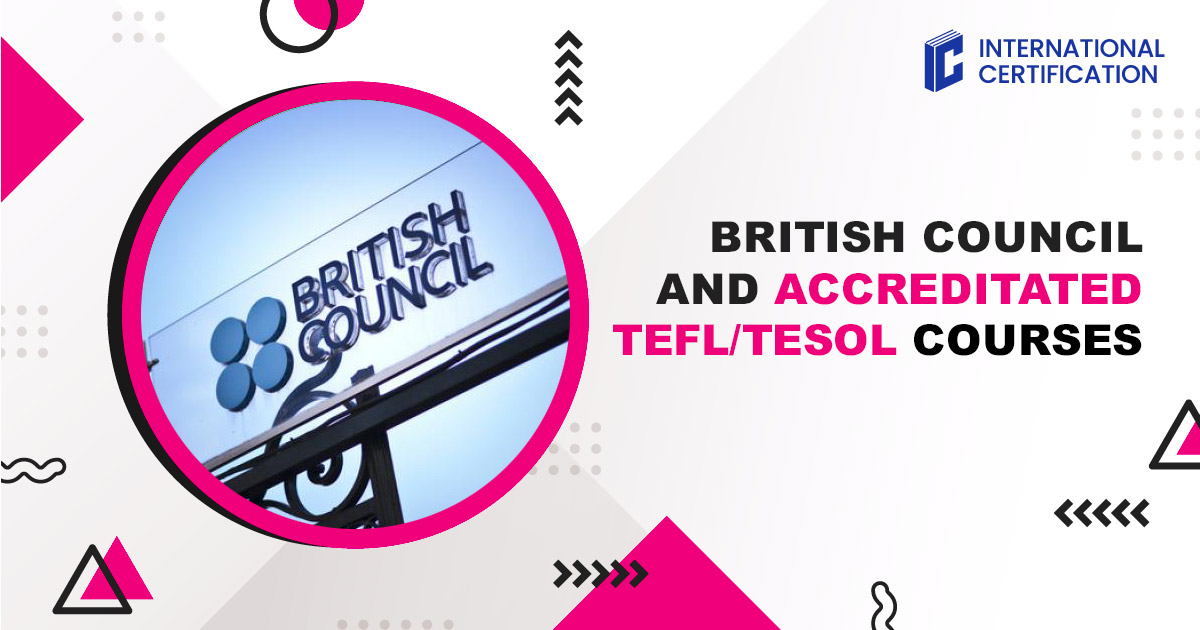And start earning money 💸 by teaching English in your own country, abroad, or online from anywhere on the planet! 🎁 Gifts and bonuses: professional support from your personal coach 🧑🏫 and job placement assistant 💼.
Picture this: a cosy hotel lobby, guests rolling in with suitcases, and you’re running a hotel English lesson for front desk agents and housekeeping staff. 😊 Corporate training—especially in hospitality—often needs qualified ESL teachers. If you’ve already taught in this niche, lucky you. If not, it’s a great space to prepare for and step into.
In this guide, we’ll look at what makes English for hospitality different and share practical, classroom-ready ideas. You’ll see which phrases and vocabulary matter most for reception and housekeeping, how to run guest–staff role-plays, and how a solid TESOL certification course can help you feel confident in this specialized niche. Ready? Let’s go! 🚀
English for Hotel Staff: What Teaching Here Looks Like
The hospitality pathway is wide open for ESL professionals who understand ESP—English for Specific Purposes. If you’re new to ESP, or want a structured way to master it, an online TESOL course will walk you through the approach, lesson design, and assessment. Prior Business English experience is a plus, but not required—TESOL training covers the essentials and builds the skills as you learn.
Many independent and chain hotels run internal English courses for staff—think front desk teams, duty managers, restaurant servers, and room attendants. Your goal is to help them handle typical guest interactions smoothly in English and to practice the dialogues they face every day, especially in room service, check-in/out, and problem-solving with guests.
When your class includes different roles and levels, lean on role-play. Stage a check-in scene: one learner is the guest, another is the receptionist. Or practice the full set of room-service situations. Hotel English sticks best when the practice feels real. It’s better to mix up reservation and preservation during a lesson than with a paying guest—and it’s great to rehearse pronunciation for lines like “Your room is on the third floor.” Confidence in class becomes confidence on shift.
🎯 Key takeaway: When you teach hotel English, show staff that the language is a helper, not a stressor.
English for Hospitality: What Makes It Different
Hospitality has its own communication style. In short, English for hospitality is a specialized toolkit for hotels, hostels, and restaurants—any setting where staff serve international guests. It’s less about academic vocabulary and more about polite formulas, clear explanations, and service-industry terms. Core features include:
- Everyday polite language: frequent use of please, thank you, and sorry. Politeness is the backbone of service communication.
- Guest-facing clarity: friendly greetings, offers of help, and concise explanations of services—delivered with the right intonation and warmth.
- Handling complaints: apologizing for the inconvenience, reassuring the guest, and outlining next steps—language that requires tact and precision.
- Industry terminology: essentials like reservation, amenities, housekeeping, late checkout, and room (hotel room).
Hospitality vocabulary also stretches from dining to safety. Servers need menu language and serving phrases; security staff must explain fire safety or emergency procedures. Don’t forget culture: service expectations differ by country. Guests from some cultures expect more formality; others, more small talk and smiles. Bring these insights into class to build cultural agility alongside language.
💡 Unlock the secrets to doubling your teaching income with our exclusive checklist! 🎯 This checklist is designed for English teachers who want to 📈 attract more students and 🔥 keep them engaged for the long term.
Useful Hotel English Phrases (Teacher-Ready List)
Build your lesson around high-frequency lines the team will use daily:
- “Could I have your passport, please?”
- “Please fill out this registration form.”
- “Your room has been booked for three nights.”
- “Your room is ready.”
- “Breakfast is served from 7 to 10 a.m.”
- “Let me know if you need anything.”
- “Room service is available from 8 a.m. to 10 p.m.”
- “Your two rooms are connected.”
- “I’m sorry for the inconvenience. We’ll fix this right away.”
- “Could you sign here, please?”
- “Enjoy your stay!”
- “Have a nice day!”
💡 Teach the nuance behind polite forms. Contrast “I’m sorry” vs. “Excuse me,” and practice softeners like “Could you…?” instead of direct “Can you…?” These small choices change how guests perceive the interaction.
🚀 More students, 💰 higher income, 🌍 complete freedom! ✅ 112 verified platforms with top rates ⏳ Flexible schedule – work whenever and as much as you want 🎯 Simple requirements – start earning right away 💎 Boost your career and income by teaching students worldwide!
How to Teach English for Hotels: 5 Practical Tips
- 💡 Immerse yourself in context. Learn how the hotel runs: departments, workflows, shift realities. Tour the property, watch a check-in, and try filling in the registration form yourself. When you “walk in your learners’ shoes,” your materials get instantly more relevant.
- 💡 Start with the top scenarios. Check-in/check-out, common requests (extra towels, wake-up calls), and restaurant service. Role-play these first, then branch into less frequent but higher-stakes situations.
- 💡 Use real artifacts. Registration cards, sample menus, “Do not disturb” and “Please clean my room” signs, voicemail scripts—authentic items make practice concrete and memorable.
- 💡 Max out speaking time. Hospitality is about quick, confident responses. Aim for 80% speaking: dialogues, micro-drills, problem-solving. Encourage improvisation—even with errors. Breaking the speaking barrier matters most.
- 💡 Discuss culture. Compare service norms across regions. Some guests value personal space; others expect formality. Coaching these differences builds confidence and smoother interactions.
🎯 Remember: Your learners aren’t just “studying English”—they’re preparing to use it in a specific professional environment. The closer your classroom feels to the hotel floor, the smoother the transfer to real-guest conversations.
Final Thoughts
Teaching English for hospitality is a rewarding niche—often with strong pay and clear impact. You’ll watch staff grow in confidence, guests enjoy better service, and you’ll likely enjoy the creative, hands-on nature of the work. If you’re curious about this field, go for it!
I hope this article sparked new lesson ideas and maybe a fresh direction for your teaching career. Keep learning, keep experimenting, and keep helping people find a common language—wherever in the world your classroom happens to be.
Further learning: Build your ESP toolkit with a structured TESOL certification course designed for teachers who want to specialize in hospitality and other professional contexts.





